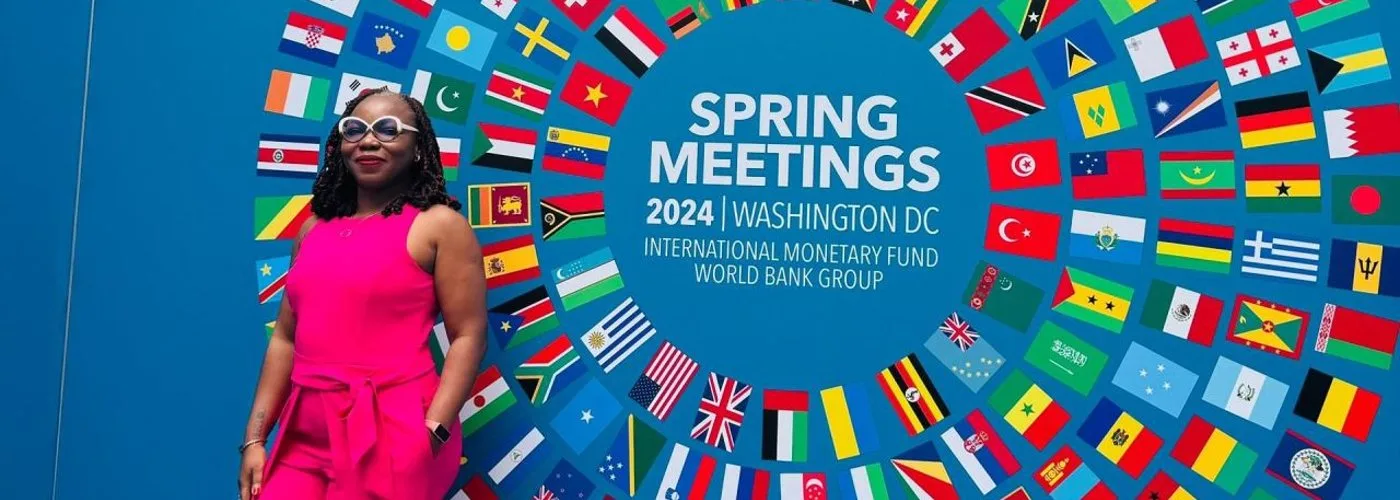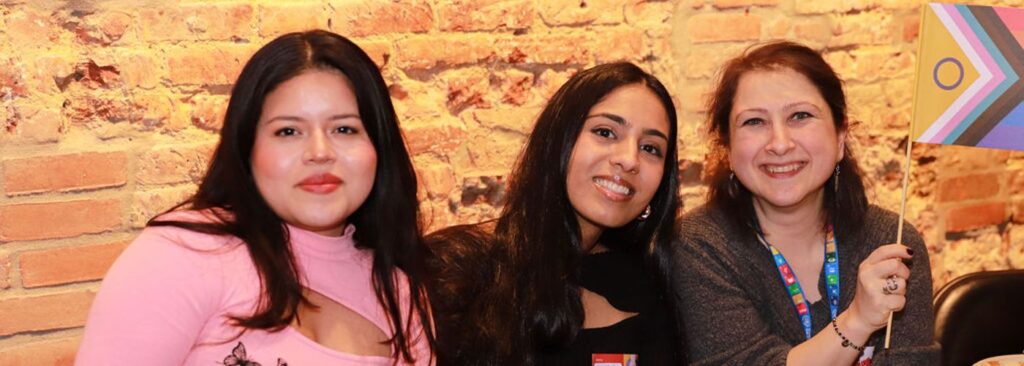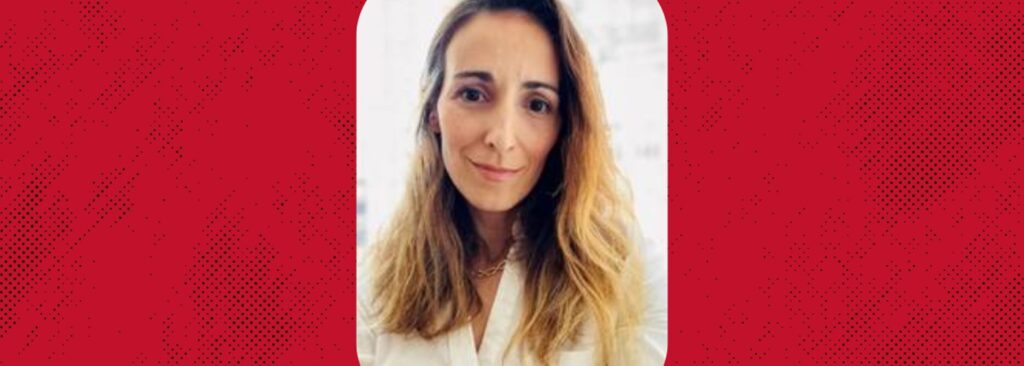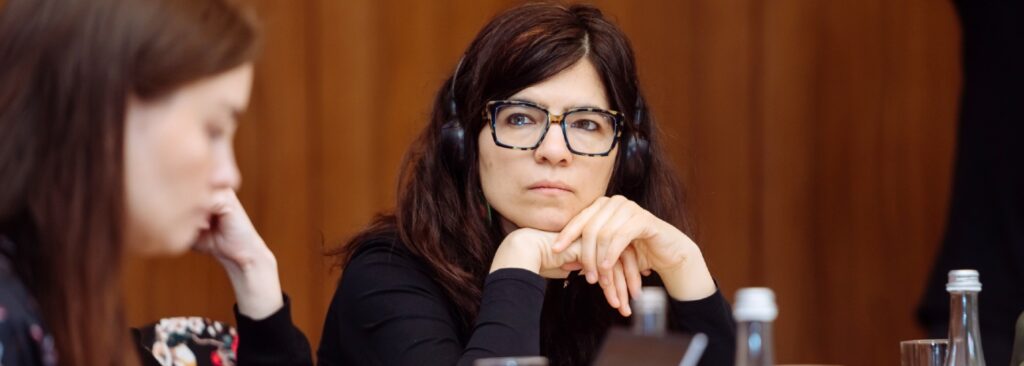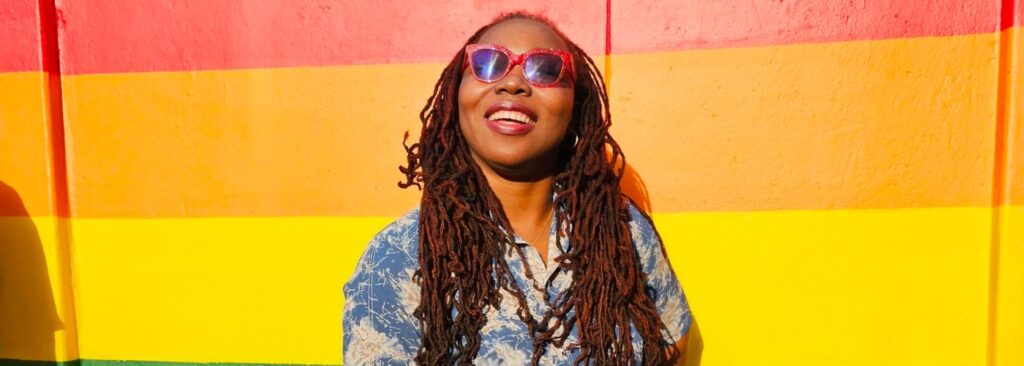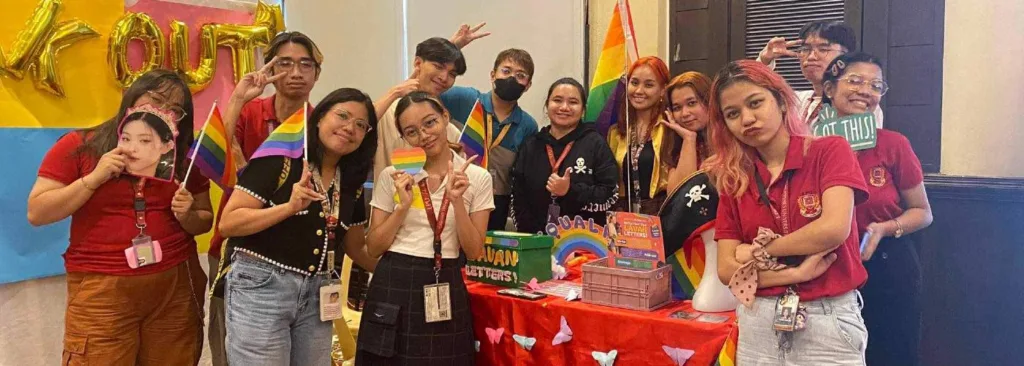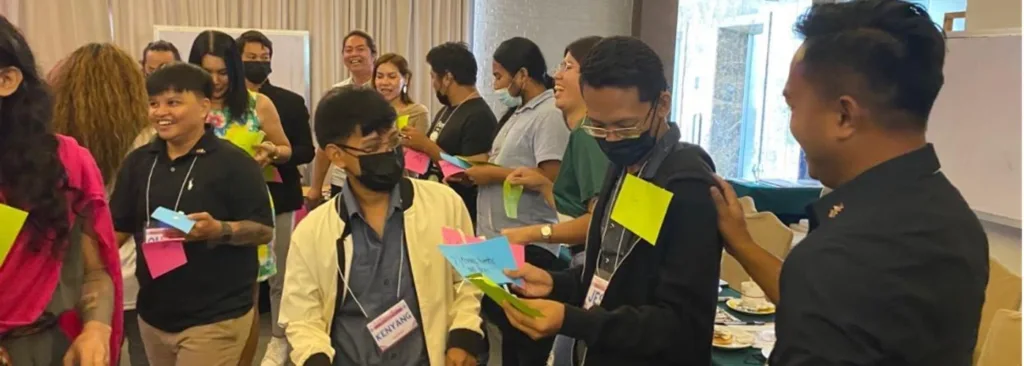Making LGBTIQ+ voices heard at the World Bank’s Spring Meetings
May 2, 2024
By Free to be Me program officer Chioma Ogwuegbu
Spring is a time for new beginnings. An excellent moment for the World Bank Group’s annual Spring Meetings to present and discuss new strategies, including their gender strategy 2024-30. With 189 member countries, the World Bank Group is the largest international financial institution in the world. So having a seat at the table is crucial in ensuring that the voices of LGBTIQ+ communities are heard. That’s why I attended the six-day event in New York from April 15 to 20 to make sure that our diverse Free to be Me communities were well represented.
Trailblazing for economic empowerment of LGBTIQ+ people
The Free to be Me program is unique in that it advocates for economic empowerment and justice for LGBTIQ+ communities. By providing local LGBTIQ+ organizations in Africa, the Middle East and Asia with knowledge, support and resources, the program builds their professional capacities so they are more capable of supporting their rightsholders.
“The Spring Meetings and other similar events are very important spaces for marginalized communities like the ones we serve to learn how international financial institutions work and how that work impacts them. It’s a valuable space for us to be setting the agenda, and we must work with our partners to ensure they participate in subsequent editions.”
The importance of gender equality is also clear to the World Bank. Their gender strategy 2024-30 states the ambition to accelerate gender equality for a sustainable, resilient, and inclusive future. This was one of the I represented Free to be Me at the Spring Meetings – to contribute to the discussions on the World Bank’s gender strategy. Our meeting with their Sexual Orientation and Gender Identity (SOGI) taskforce let us directly interact with policy and decision makers on the highest level.
Putting gender equality front and center
During the meeting we emphasized the importance of applying a gender lens when drafting policies and making decisions that impact LGBTIQ+ communities. The World Bank’s own “Equality of Opportunity for Sexual and Gender Minorities (EQOSOGI)” report assesses and gives insight into the lives of sexual and gender minorities in some of the countries where Free to be Me works. Access to the labor market, public services, and legal protection are important areas in the lives of gender diverse persons covered by the study. This shows the necessity of economic empowerment and justice for LGBTIQ+ communities and underlines the significance of a program such as Free to be Me.
Linking and learning for a more prosperous and sustainable world
During this week we also engaged with many other civil society organizations (CSOs). Voicing concerns and advocating for shared interests and beliefs together, civil society can influence decisions that affect the livelihoods of people everywhere in the world. Marginalized groups in particular are often overlooked even though they are disproportionately impacted by poverty and economic crises. Through linking and learning sessions, CSOs shared knowledge and proposed alternative economic models that could ultimately eradicate poverty altogether.
A world free of poverty on a liveable planet (for all)
Given the alignment between Free to be Me’s mission and the World Bank’s stated vision of creating a world living free of poverty on a liveable planet, we want to make sure their vision “sees” all communities and peoples who have been historically marginalized and are affected most by inequality. That’s why Free to be Me participates in events like these, where our advocacy efforts, influencing strategies, and networking can help make sure World Bank policies are truly inclusive of SOGI issues and the rightsholders we represent. These are some of the many steps needed to advance toward a world free of poverty on a liveable planet for all.

